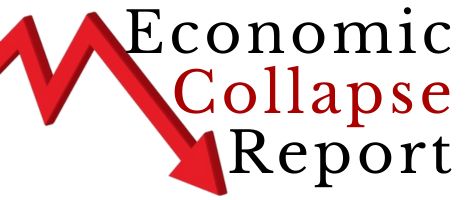The climate change debate continues to rage. Though the science remains “unsettled,” what does seem settled is that President Trump will withdraw, again, from the now infamous Paris Climate Accords. Importantly, those accords are centered on pledges made to modify national energy policies.
A decision to exit the Paris Accords is no mere gesture. The central fact for citizens everywhere is that putative “climate solutions” would deploy trillions of dollars and implement mandates and diktats for the supply and use of energy in every aspect of society.
The stated rationale for proposals to alter completely how civilization is fueled is the need for an “insurance policy” against future climate catastrophes. In that framing, the climate-fearful argue that some possibility of consequential future harms warrants the “responsible” decision to “buy” insurance now. But this often-argued “insurance” construct assumes that we know enough to say that the consequences of future climate change justify paying for the insurance—and collaterally, that we know the “insurance” itself will be affordable.
It turns out that we do know quite a bit about both those domains. As we outline below, reality tells us that the climate-change consequences that we’re trying to avoid will be modest—and that the costs of the “insurance” are staggering.
What are we insuring against?
The proposition of paying for “climate insurance” requires that we first consider the “benefits” of 50-year decarbonization, a timescale that comes from the Paris goal of limiting global average temperature rise to 2oC. We can then turn to weighing those benefits against the cost of achieving so-called “net zero” greenhouse gas emissions. That comparison is complicated, not least because of the uncertainties on the impacts allegedly avoided by reducing human influences on the climate. There’s also the issue of “costs and benefits to whom,” as well as the question of whether there is in fact urgency to reduce emissions. […]
— Read More: www.thegatewaypundit.com


